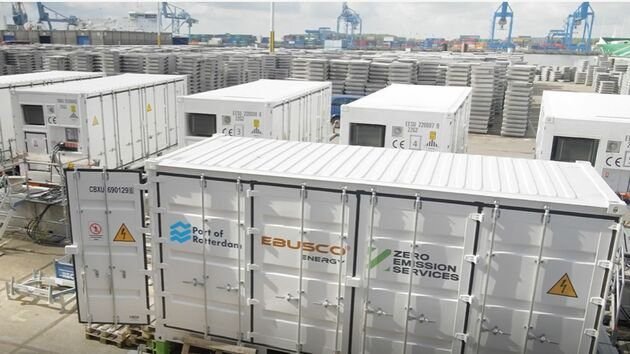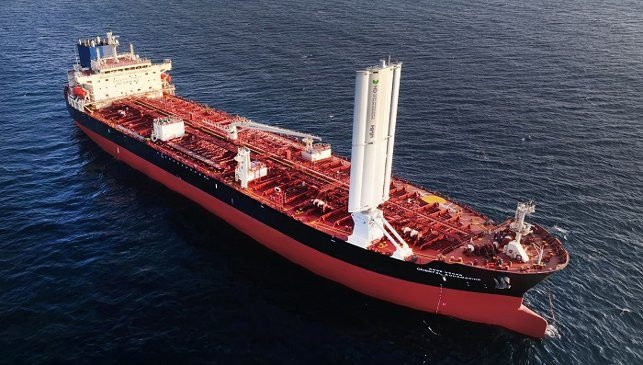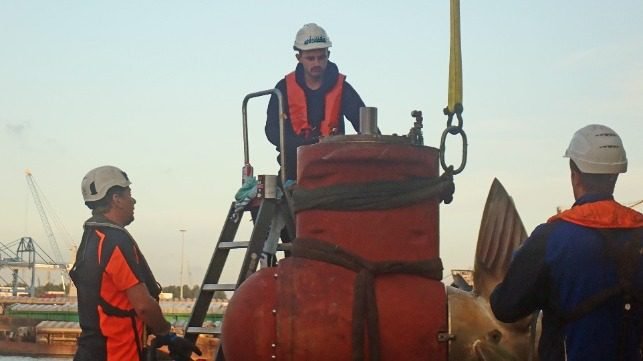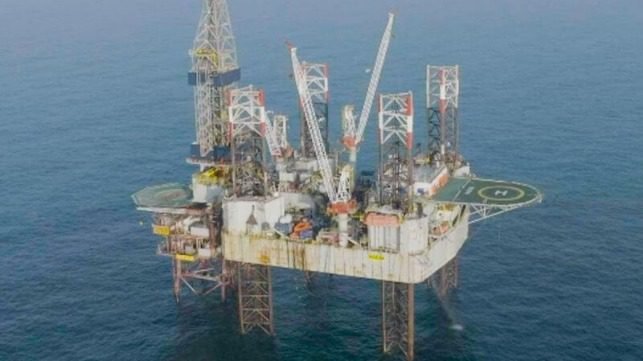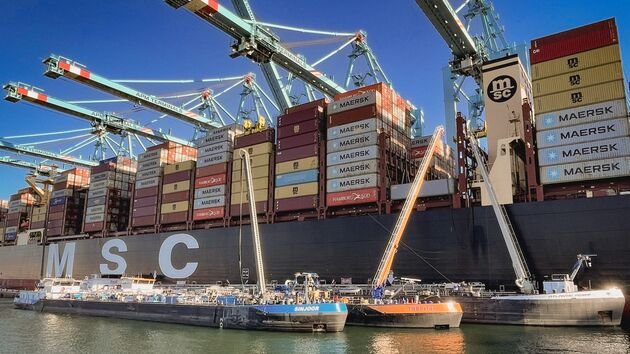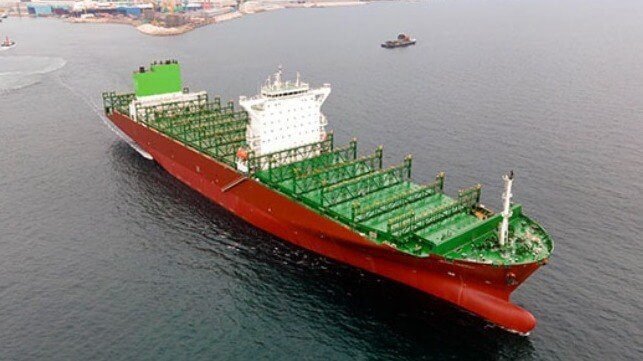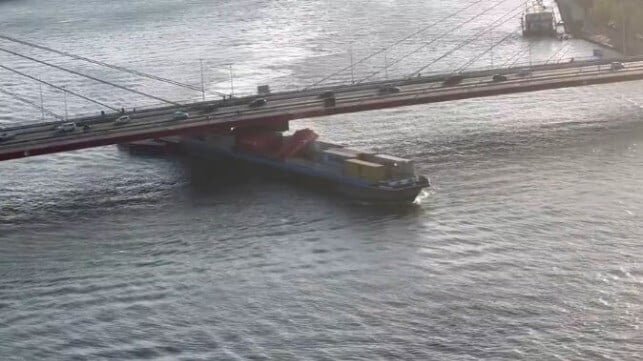In a recent pilot project at the Steinweg Beatrix Terminal in the port of Rotterdam, sea-going ships from the Dutch shipping company Cargow were successfully connected to moveable battery containers providing shore power. This initiative, unveiled by the port of Rotterdam, aimed to test the feasibility of using moveable shore power as an alternative when standard connections are unavailable due to grid limitations.
The pilot, an extension of an earlier one conducted on Parkkade in late 2019 and early 2020, involved Cargow’s vessels with a higher energy demand. The battery containers used in the project were provided by Zero Emission Services (ZES), a company known for its battery electric-powered inland vessels. This technology uses interchangeable energy containers filled with green electricity-sourced batteries for propulsion.
Despite the significant success of the pilot project, the Port of Rotterdam highlighted the high cost associated with moveable shore power compared to standard shore power connections. As a result, the technology is expected to be used only at locations where electricity is otherwise unavailable. The port also announced plans to allow sea-going vessels to connect to shore power by 2028 as part of the largest shore power project in Europe, a collaboration between Rotterdam Shore Power (RSP), Eneco, and Hutchinson Ports ECT Rotterdam (ECT).
The Port of Rotterdam has been making significant investments in decarbonization and sustainability, leading to a greener port and progress towards its zero-emissions goals. With a total cargo throughput of 438.8 million tonnes in 2023 and a stable year-on-year revenue rise, the port is on track to becoming a truly future-proof port.
Share it now


